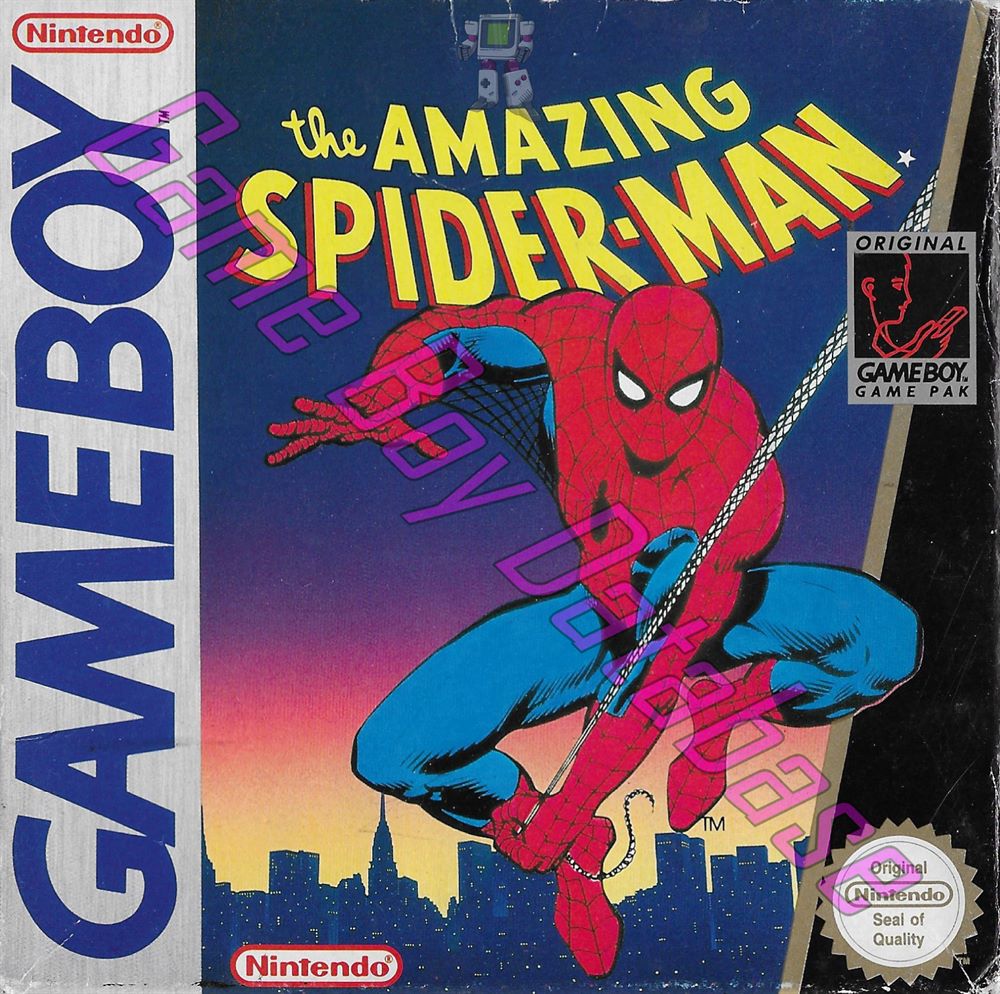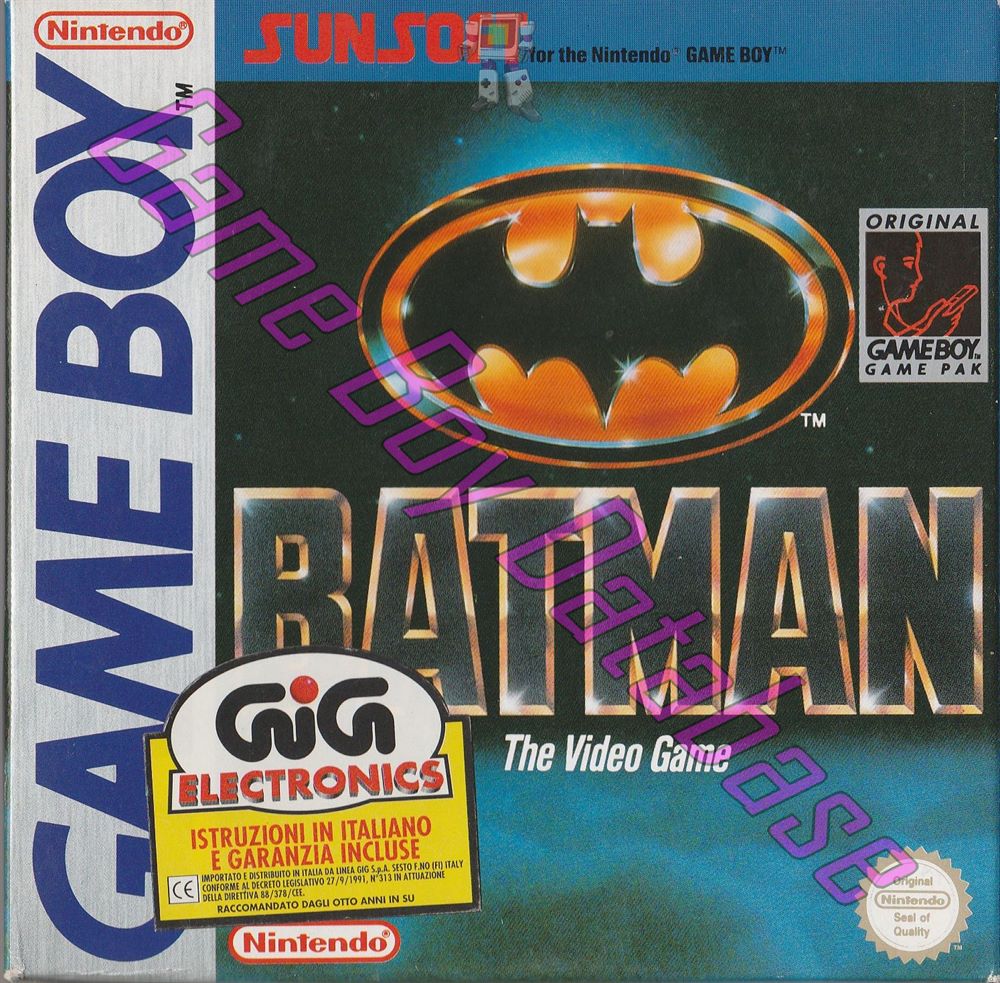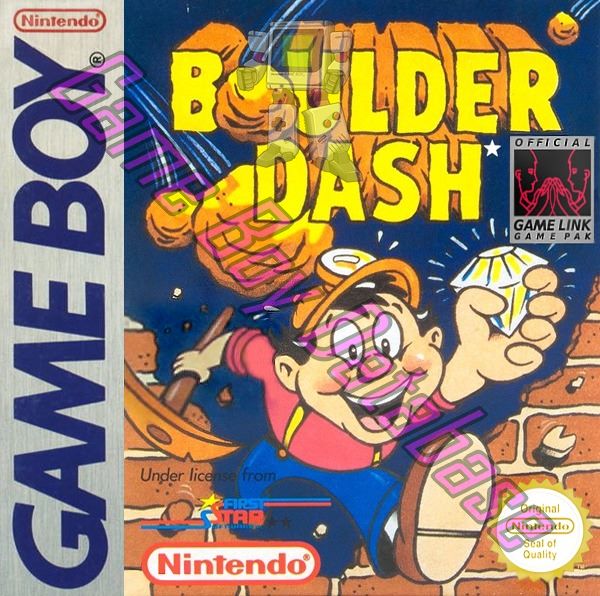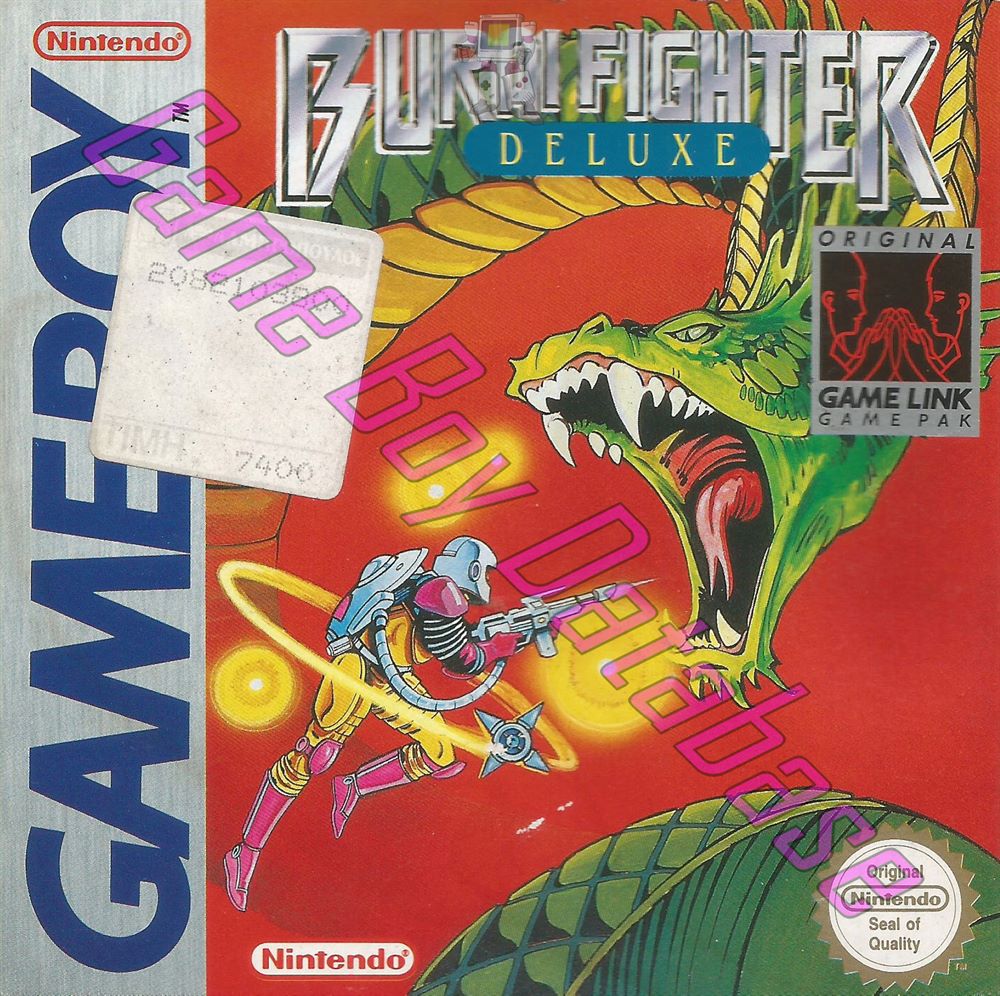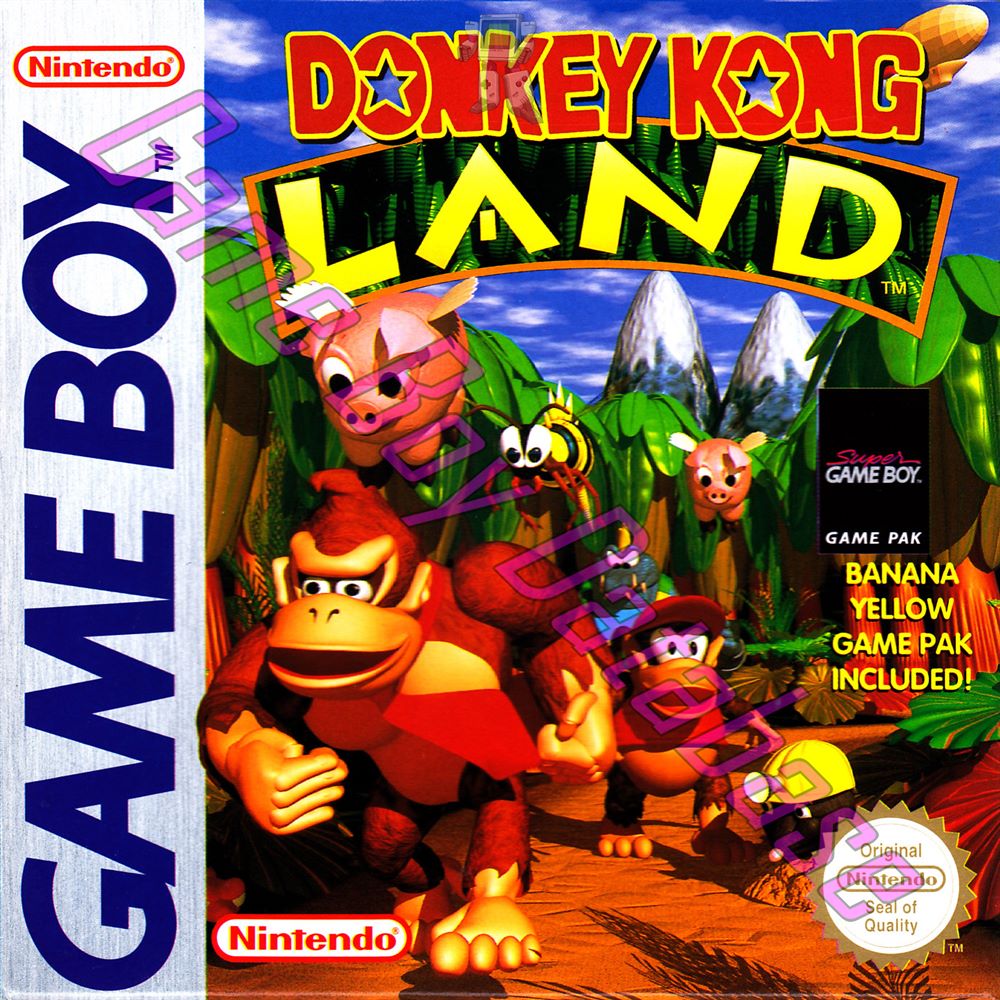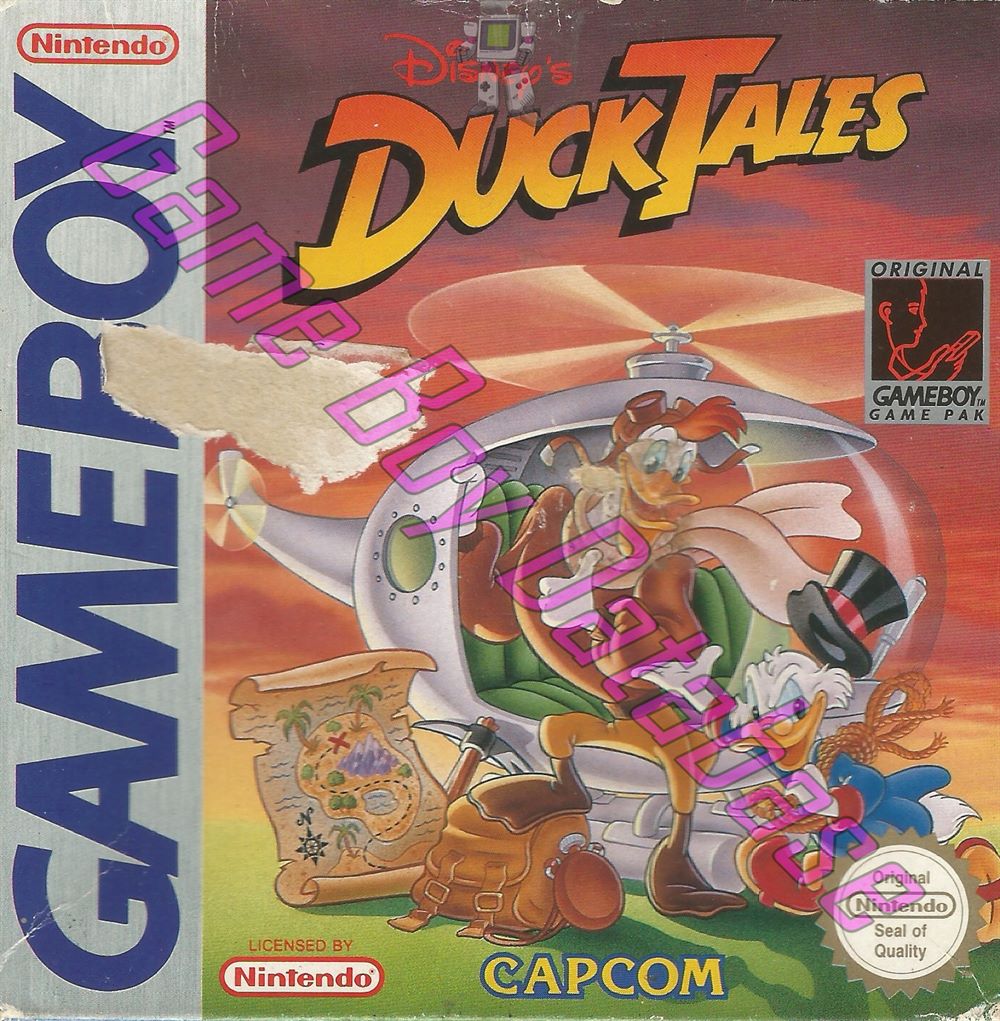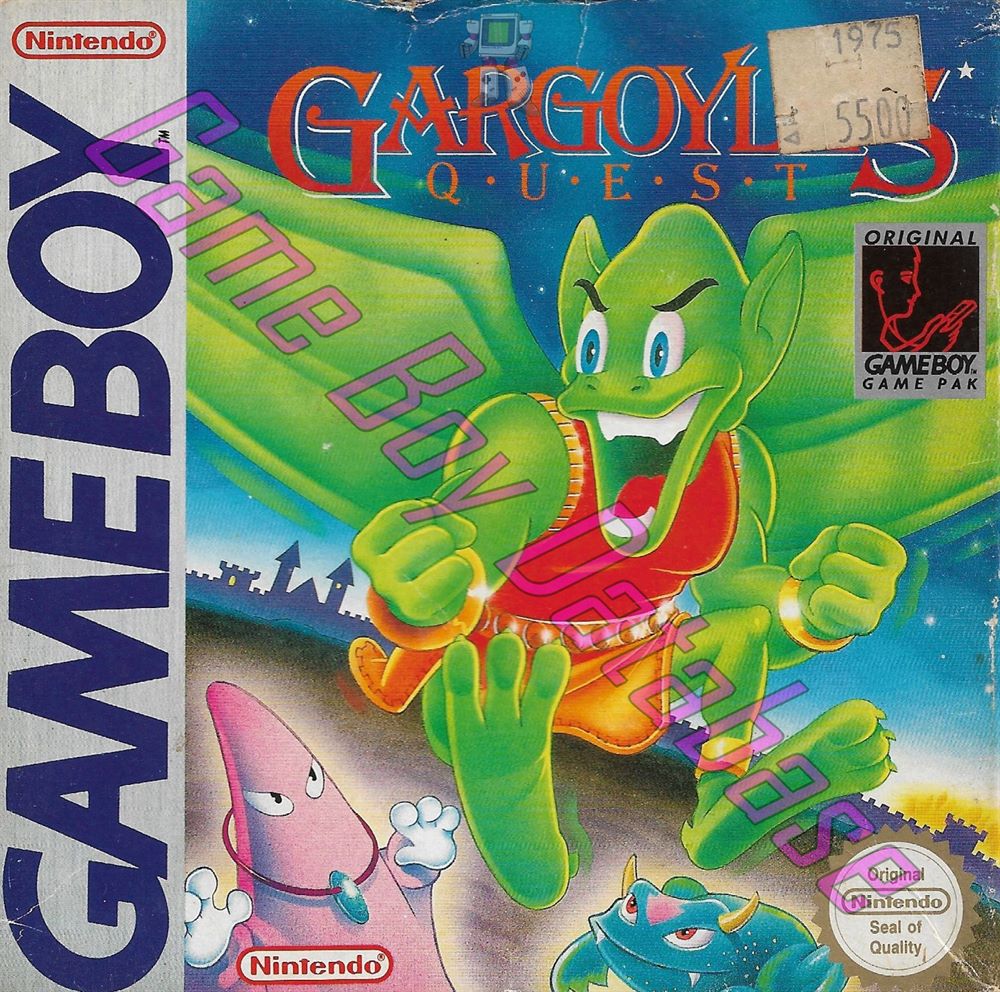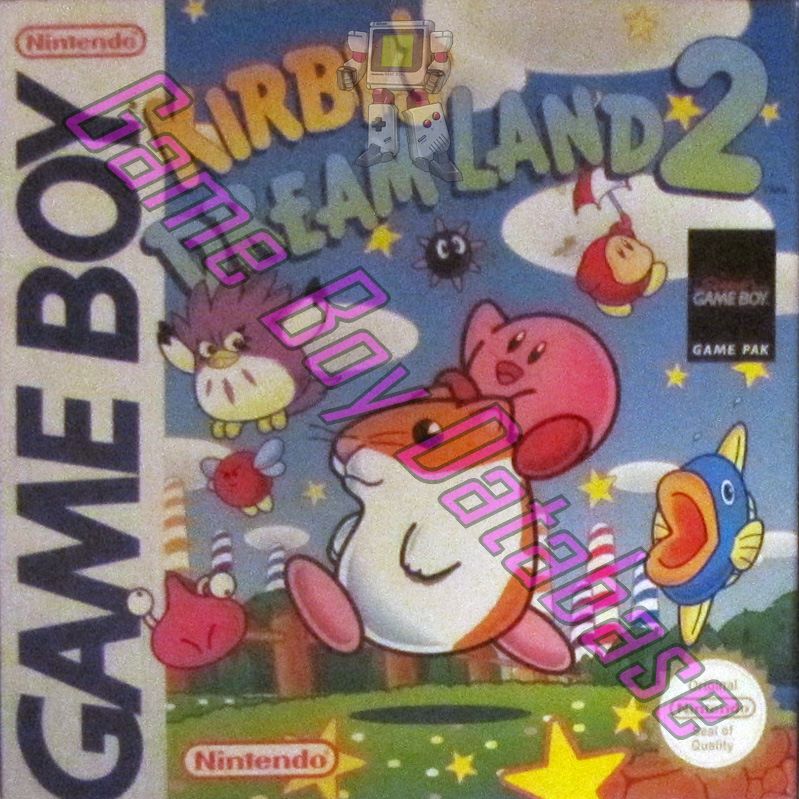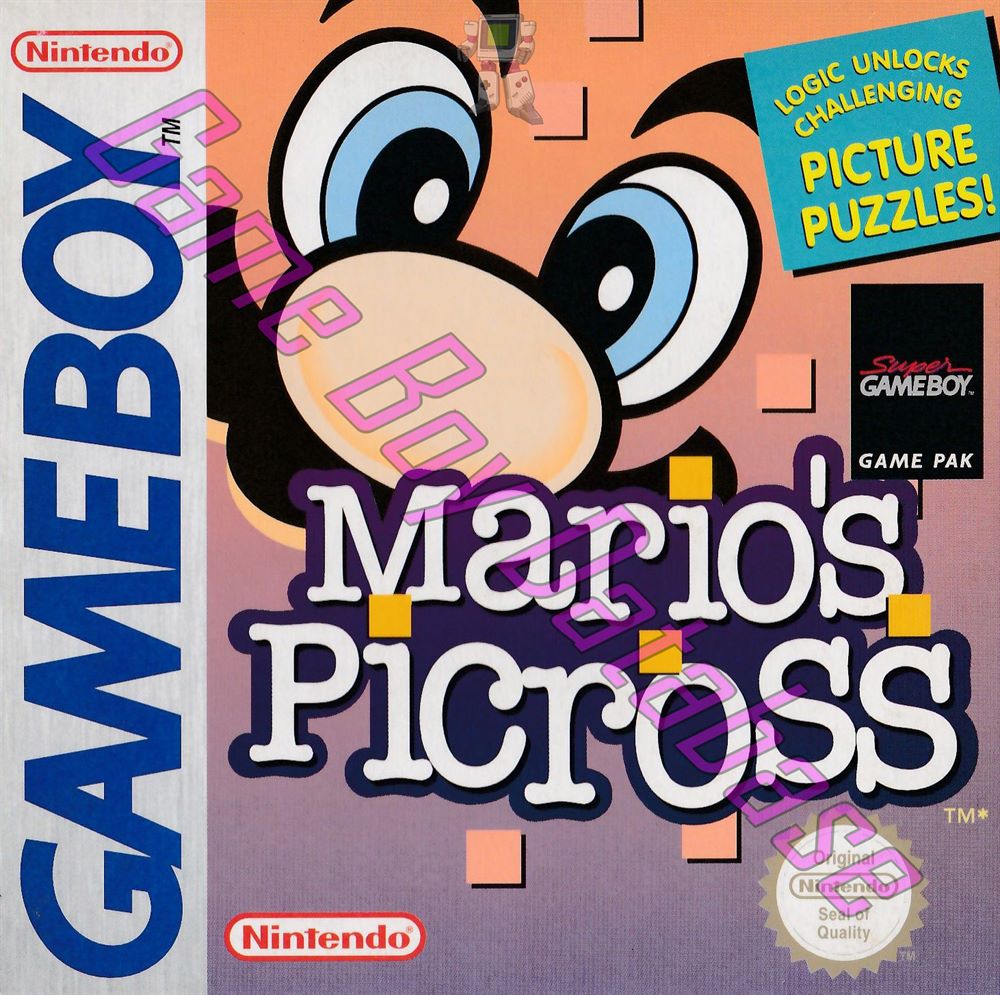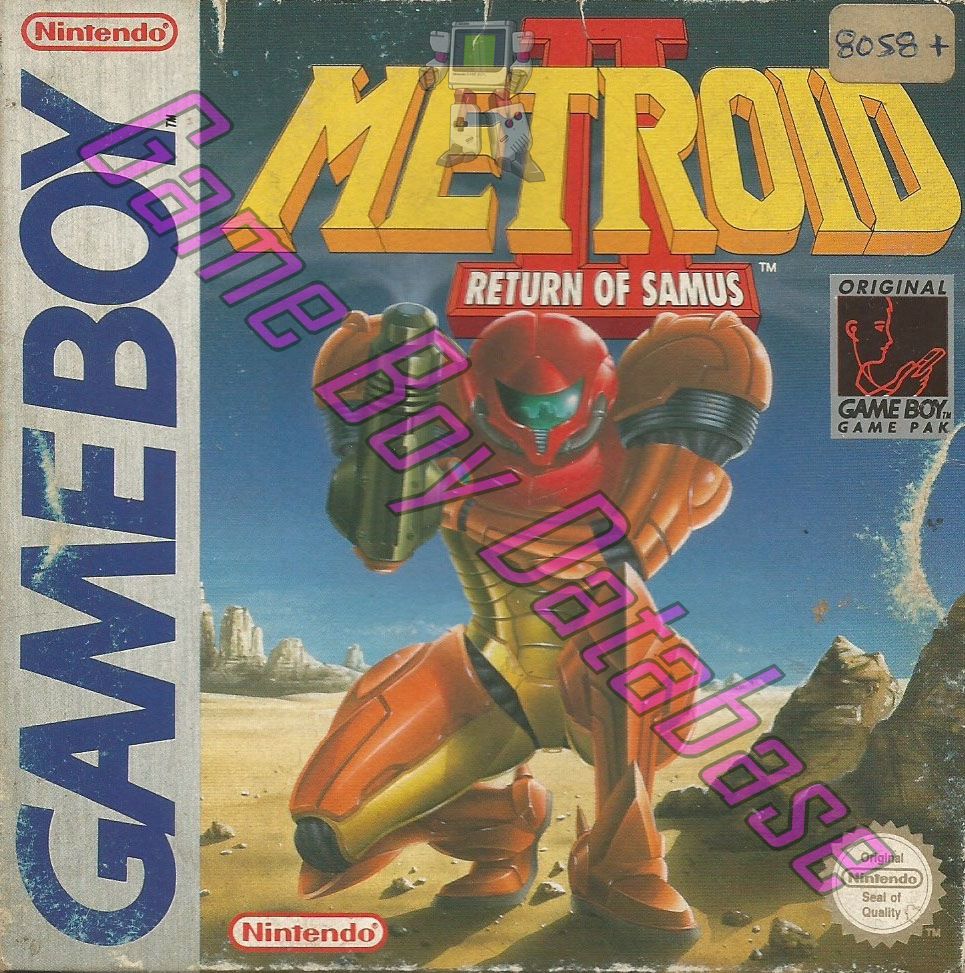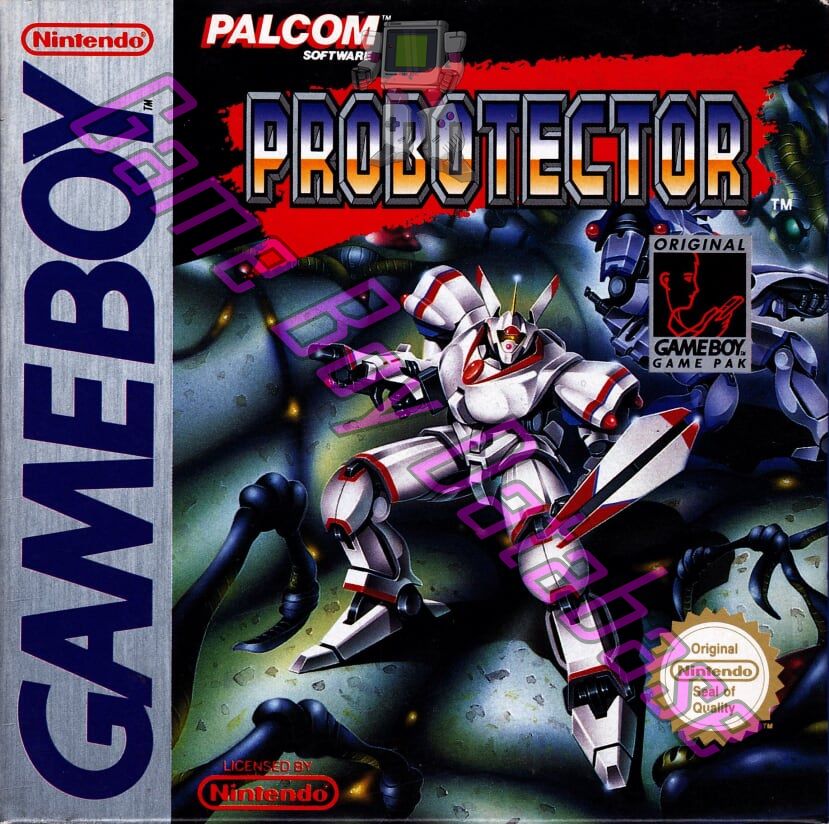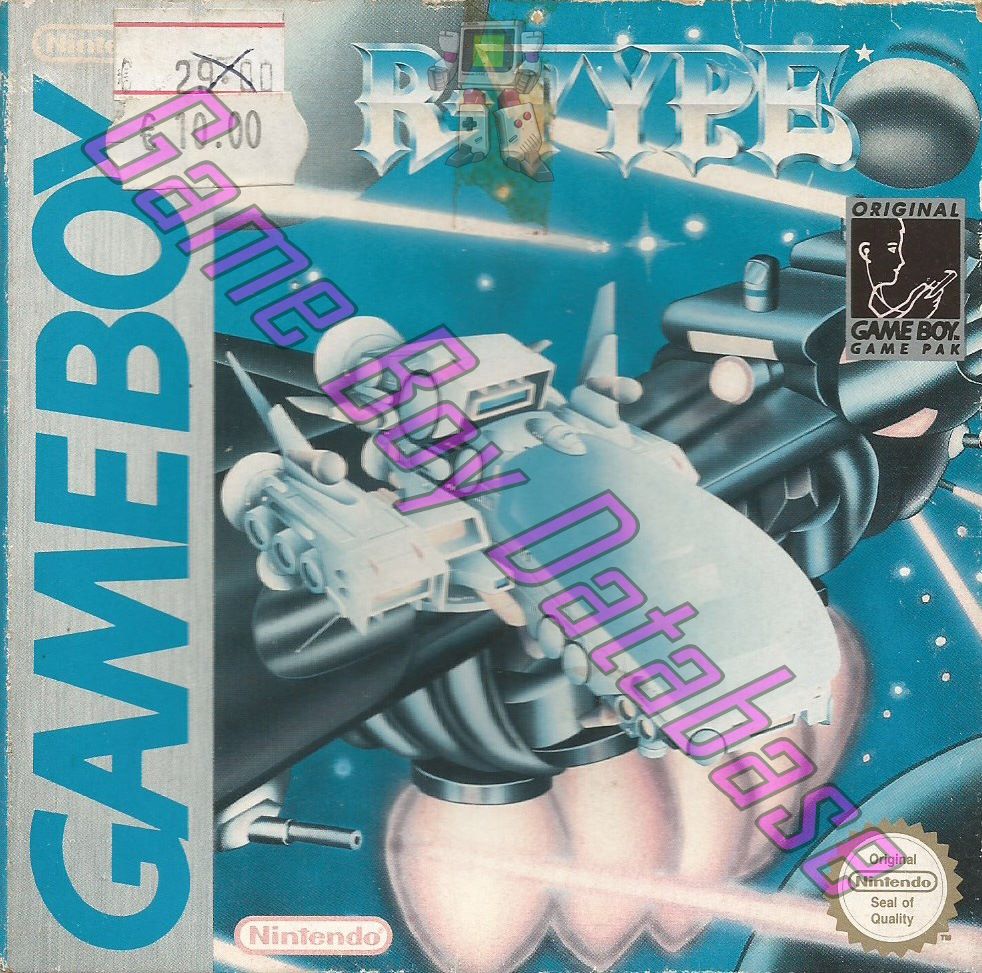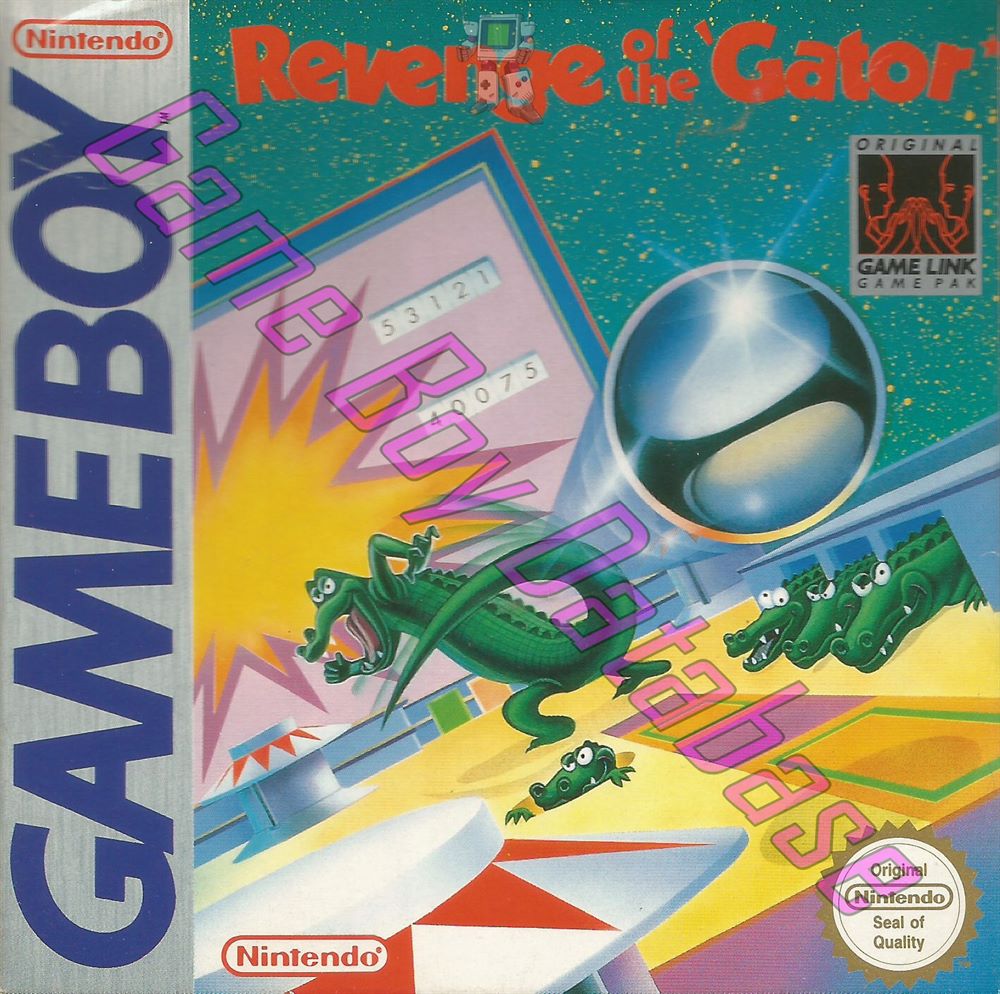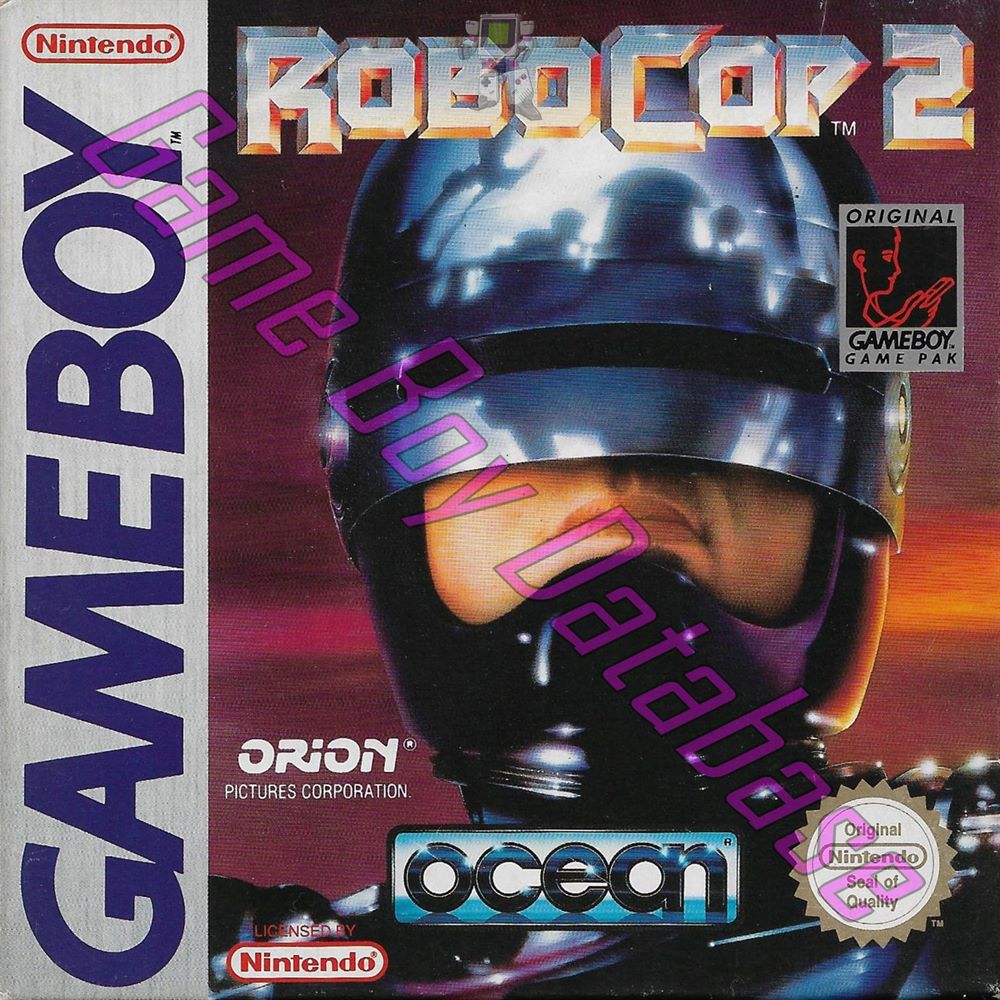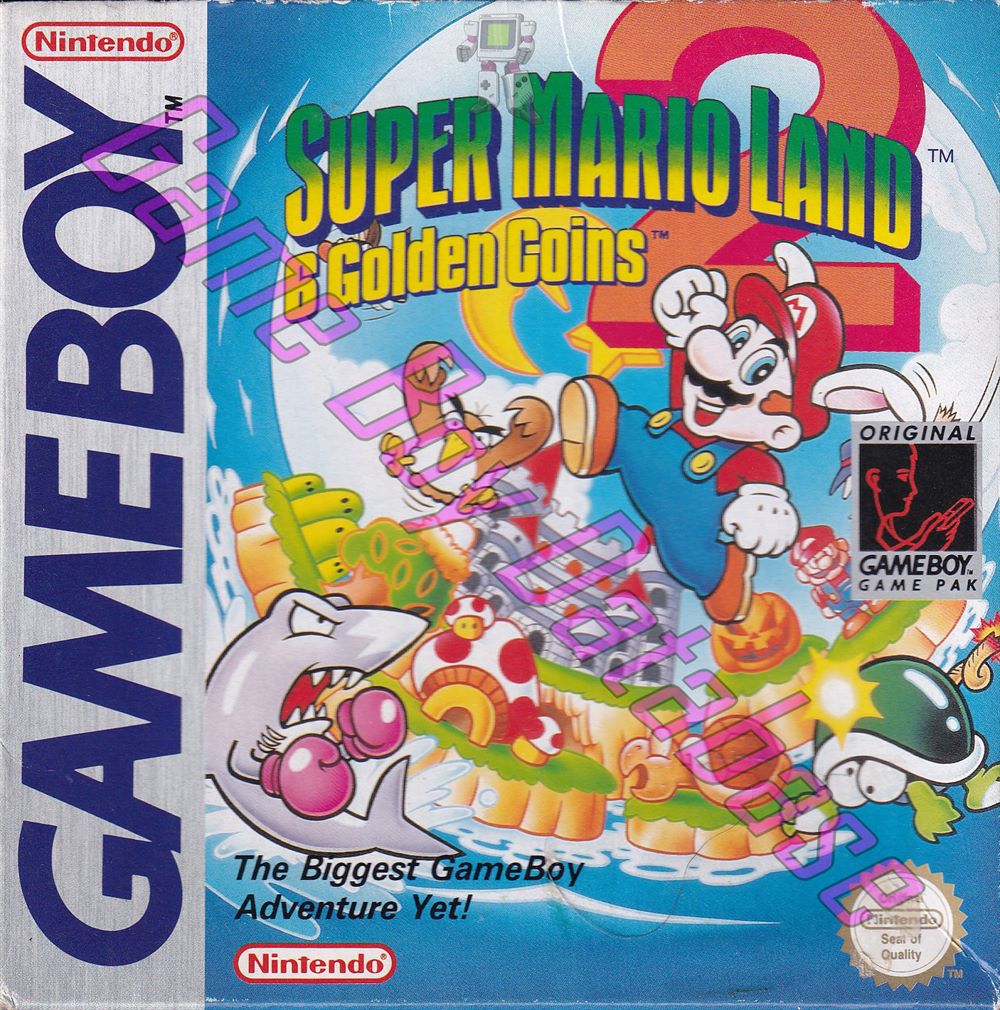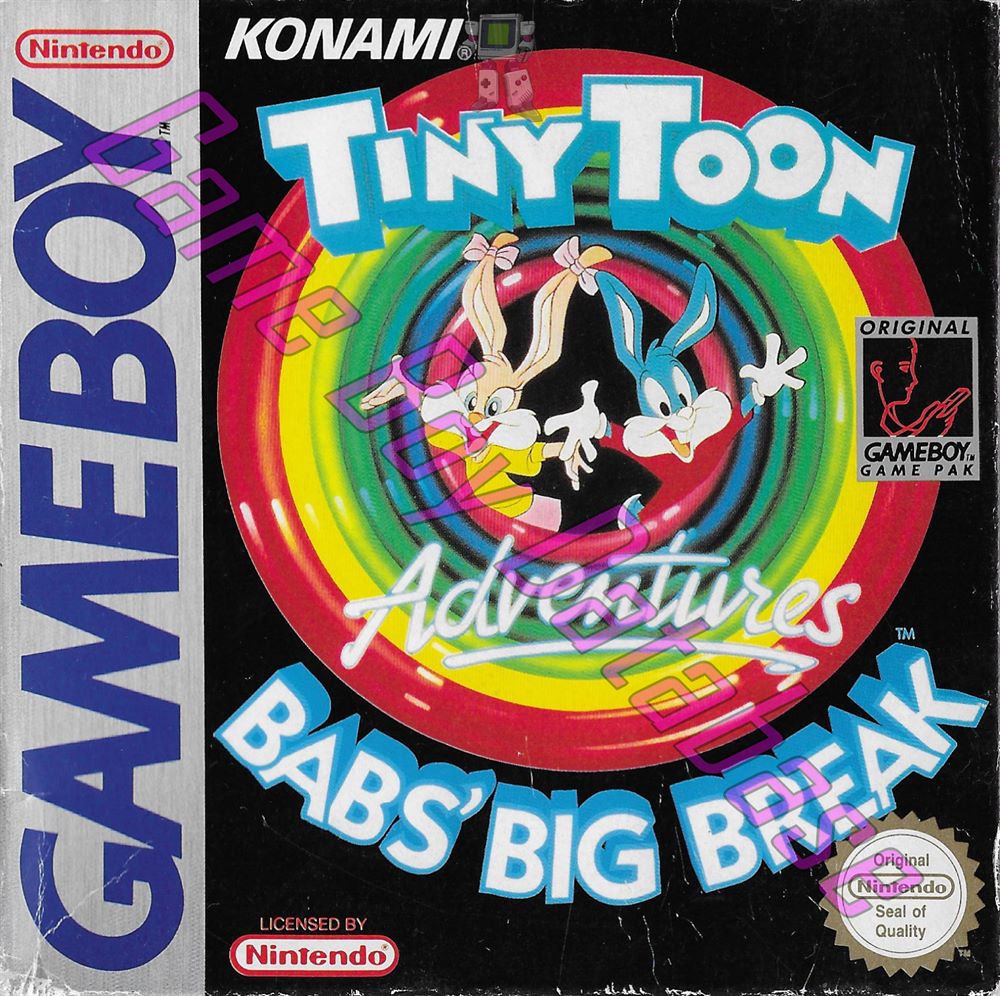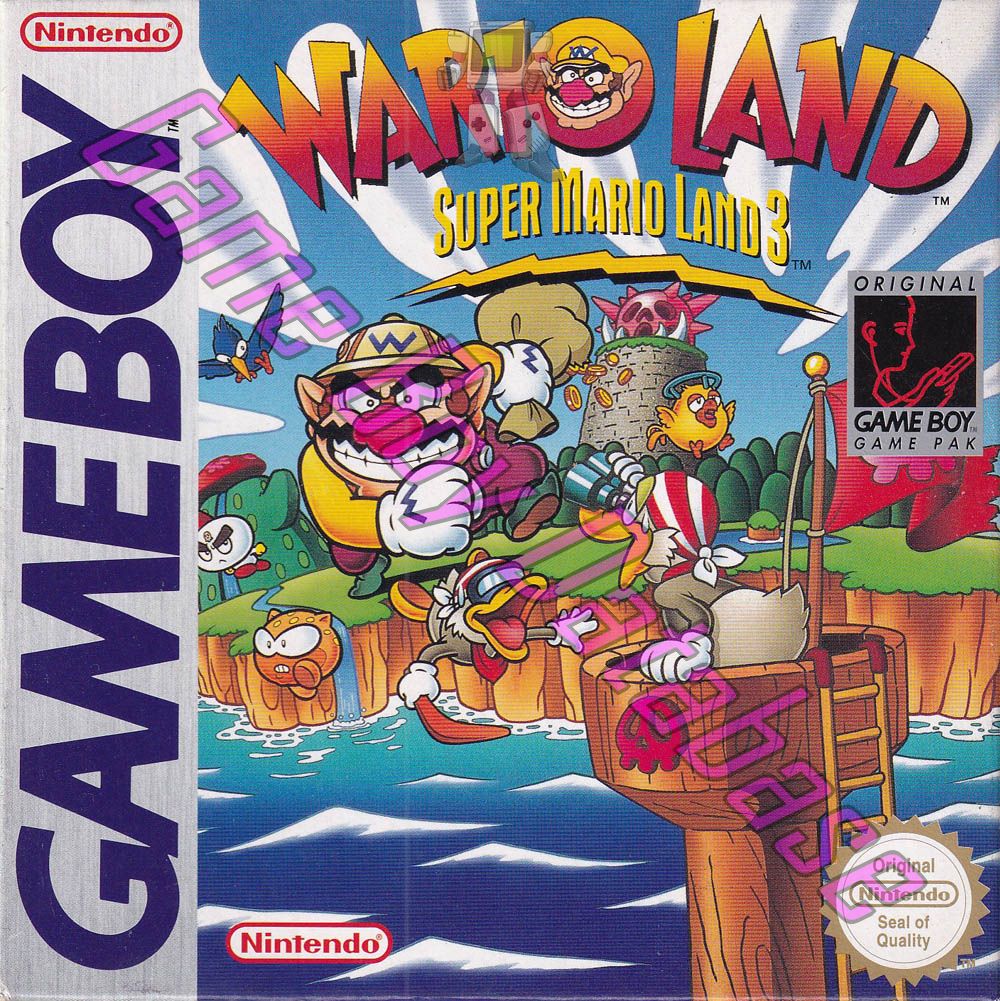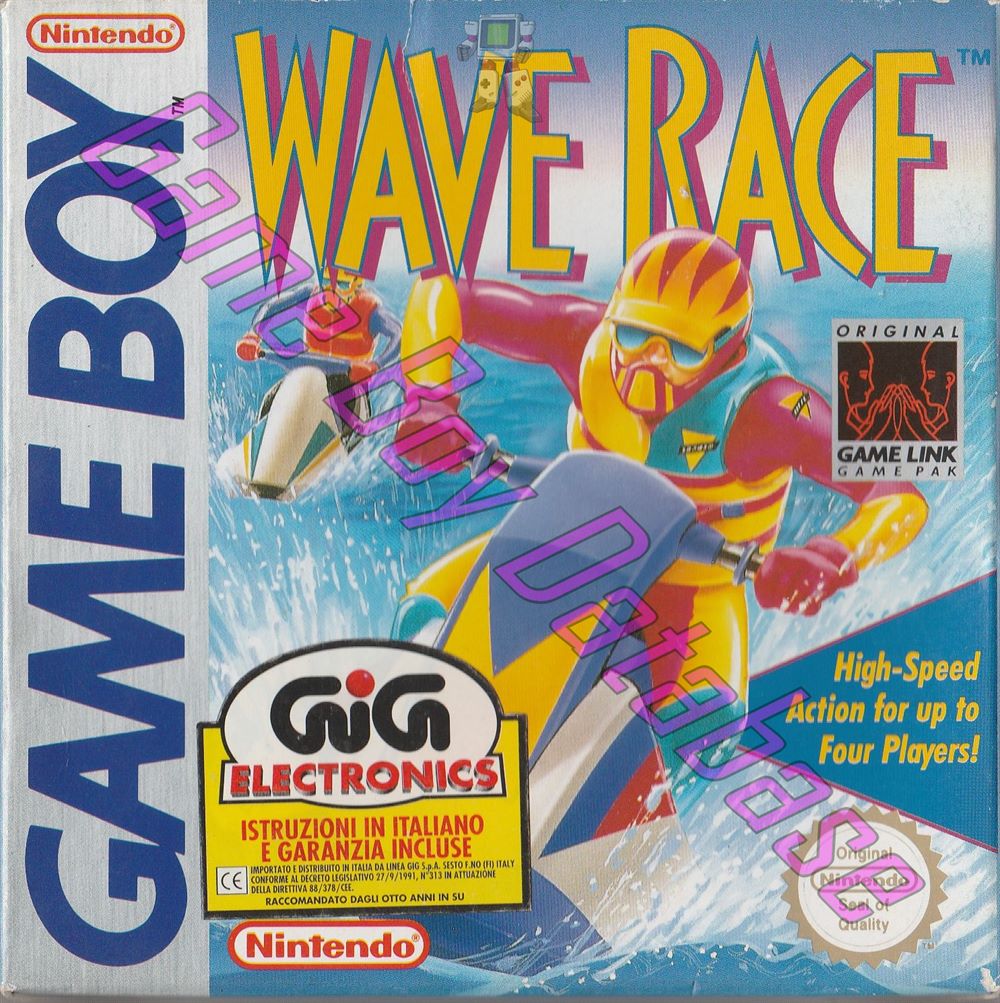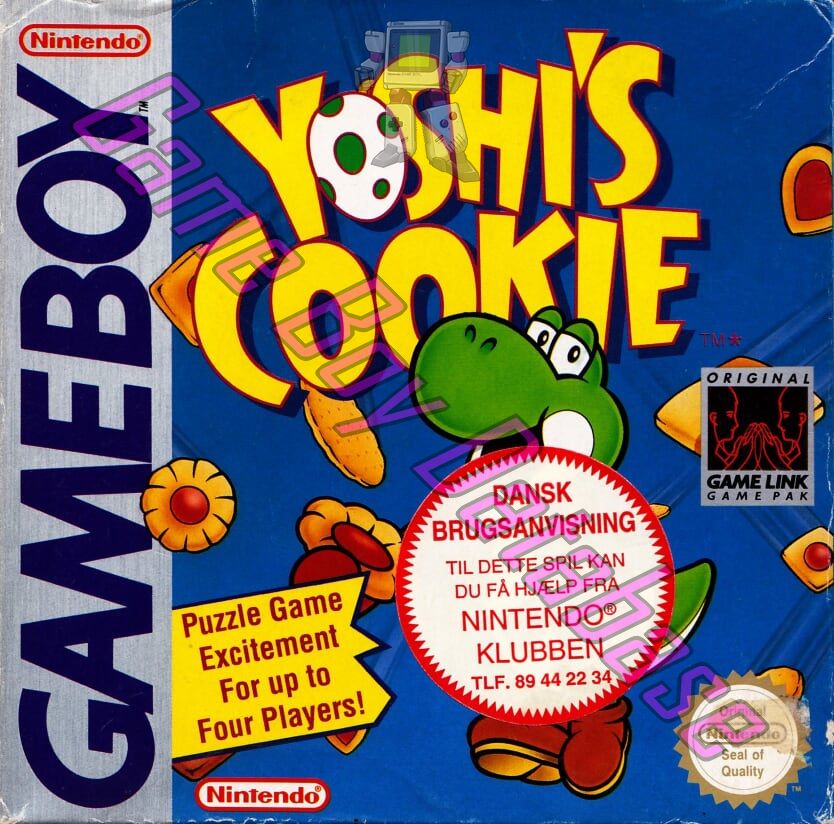
What about the GPS area ?
GPS is not exactly a localization like the others. The GPS code (for Global Packaging System) was Nintendo's answer to a single game order coming from several countries.
lndeed, Nintendo would only launch a dedicated country localization code (as NOE, UKV, FAH, etc.) if the order was of at least 5000 games.
If the need for a country was below 5000 (for example 2000 units), Nintendo's answer was to launch the production of 5000 GPS units (with the generic GPS code on the box, manual and cartridge), and then split the quantity between the 2000
expected, and the 3000 for other markets that could not meet the 5000 units order.
Consequently, the packaging was strictly identical for all these countries, fully in English (as the global language): as stated by the code "Global Packaging System", a global answer to several markets needs.
After the production process, each distributor was free to add a manual with a local language and a sticker directly on the box, this is why GPS games were distributed in countries like Portugal or Greece in which the videogame markets were perhaps notas strong as other countries.
GPS were also present everywhere in Europe, as French distributors (for example) were totally free to combine with other countries to launch an order of 5000 copies and then answer a special need or caver a low stock. This means that in the end you can find GPS games everywhere in Europe. There were a variety of distributors for GPS games; for example, ltochu Hellas or Nortec for the Greek market, or Chaves and Concentra for the Portuguese market. Given the low production volumes (maximum 5000), some GPS games are particularly rare.



